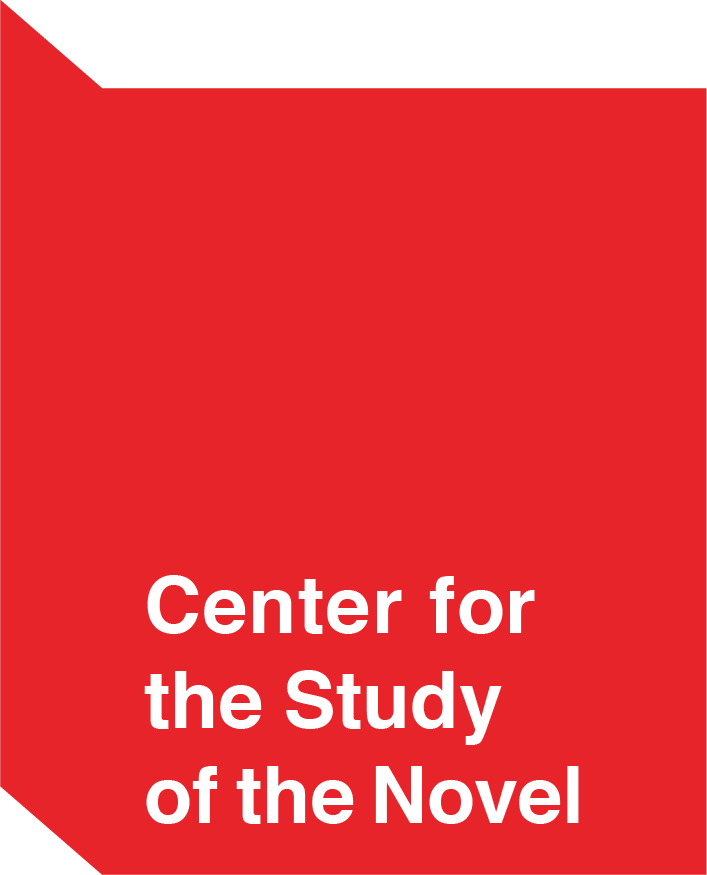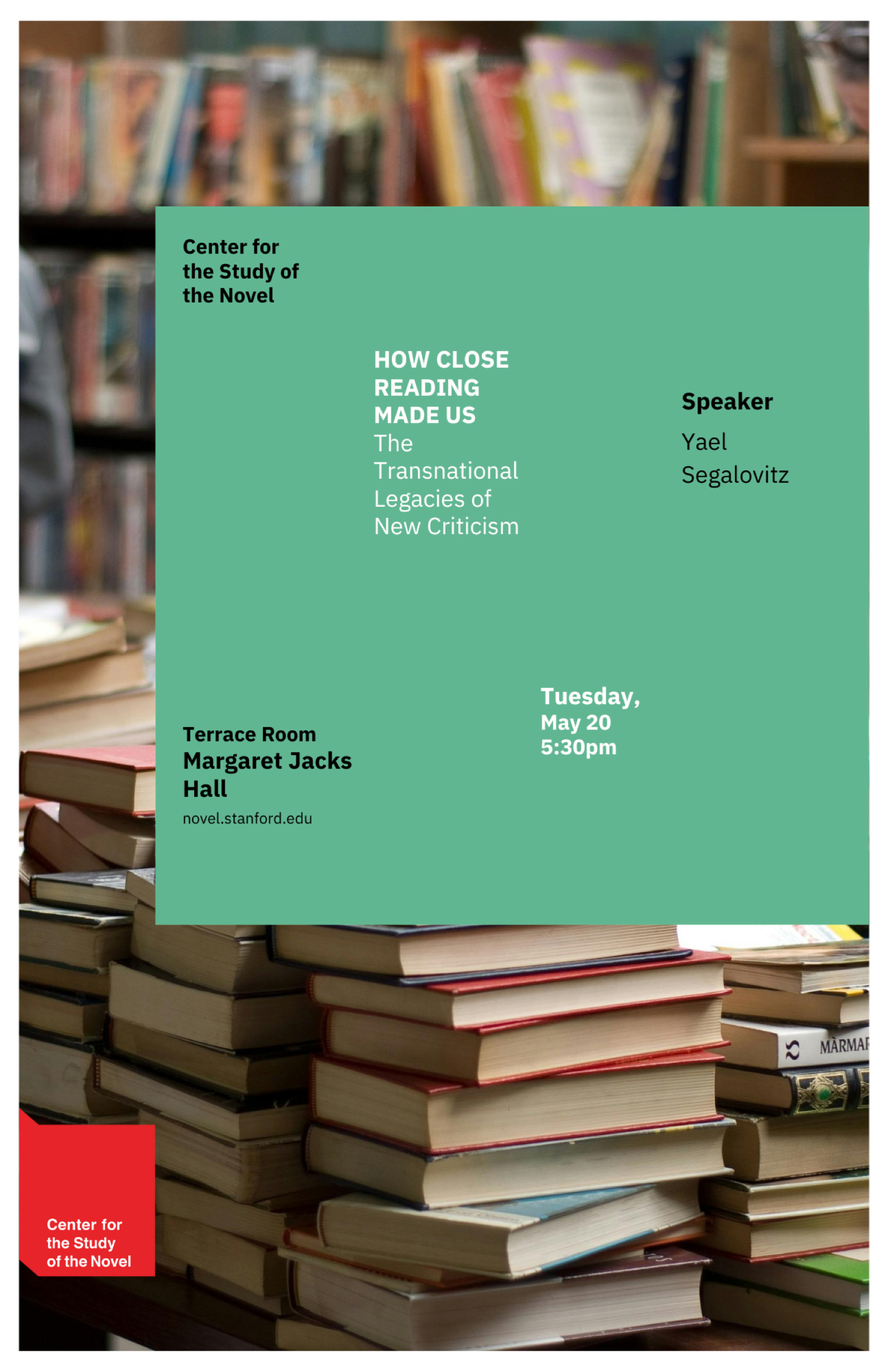What if close reading—now at the center of the debates known as the “method wars”—was never simply a protocol or set of interpretive steps, but a cultivated practice of attention that continues to shape how we read, think, and act in the world? In this talk, drawn from her new book How Close Reading Made Us, Yael Segalovitz traces the transnational history of close reading as a technique of self-formation: a cognitive-affective discipline practiced in and through literature, and formalized by literary studies, with enduring consequences for modern understandings of subjectivity, citizenship, and ethical life.
Following the often-overlooked global trajectories of New Criticism—from the Brazilian Nova Crítica to the Tel Aviv School of Poetics and Semiotics—Segalovitz shows how close reading shaped not only literary interpretation, but also the ways novels themselves imagined the act of reading. Modernist writers such as Clarice Lispector, A.B. Yehoshua, and William Faulkner variously absorbed, resisted, and reimagined the demands of this readerly ideal, embedding within their novels visions of what reading is and what it could be. By foregrounding the novel—long overshadowed by lyric poetry in critical conversations around close reading—this talk reconsiders the global legacy of close reading and its renewed critical urgency today.


